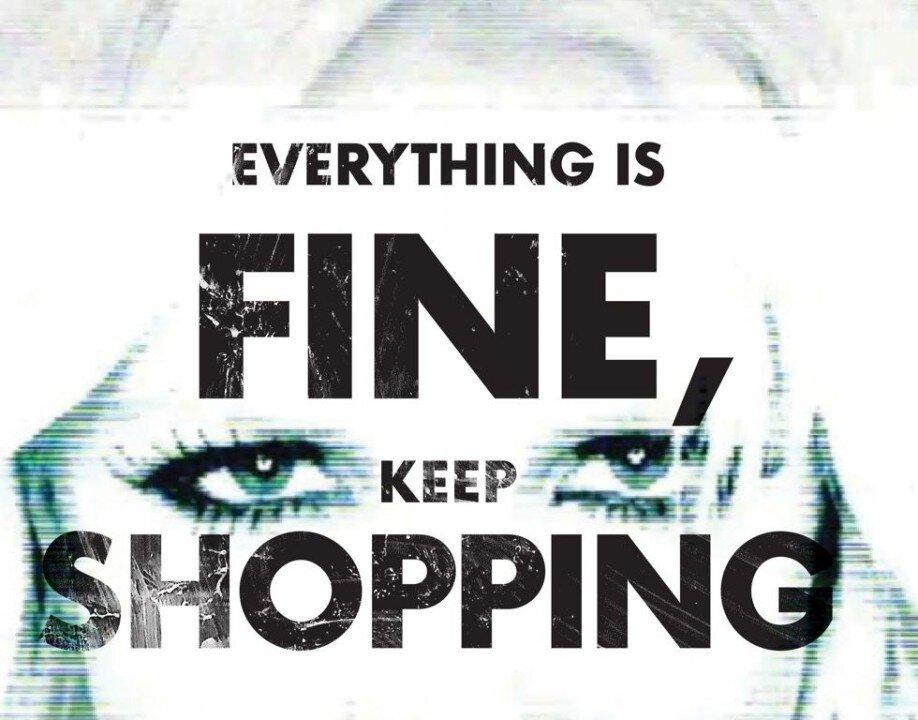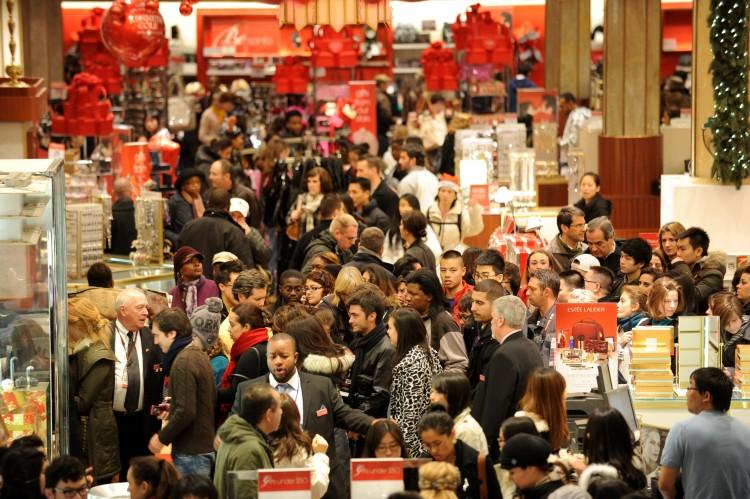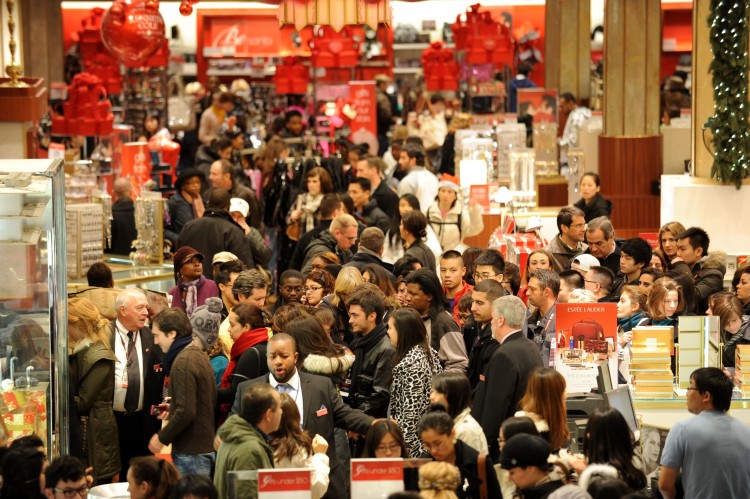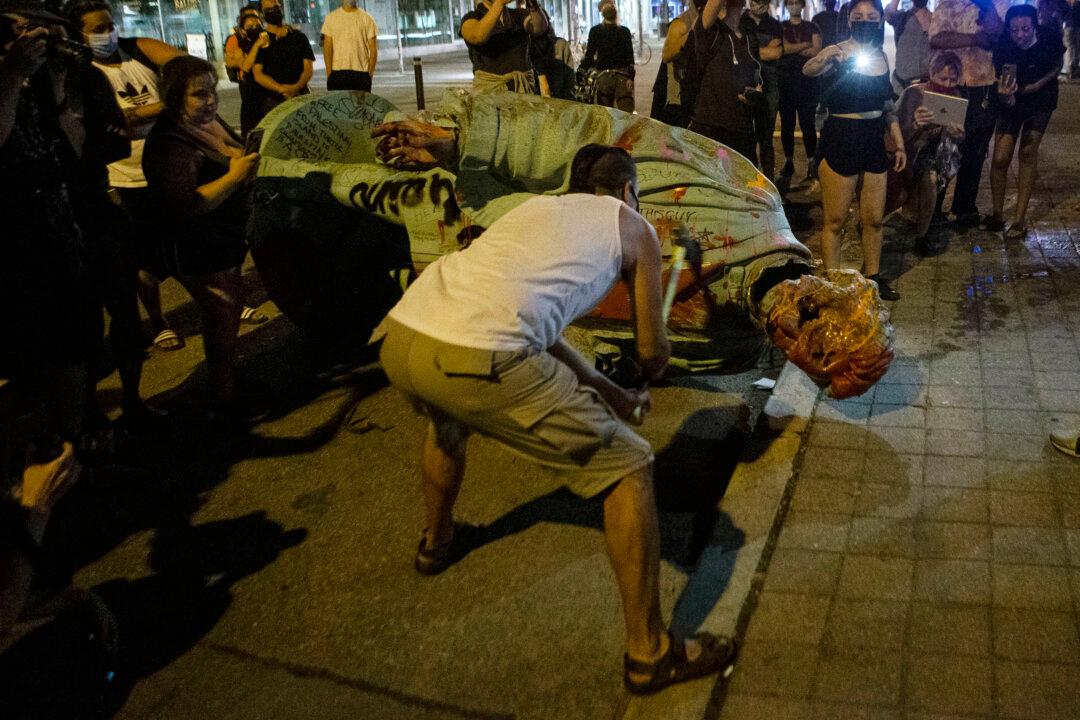As protesters continue to be ousted from Occupy sites across North America, the Canadian magazine widely credited with starting it all has kicked off a new campaign—Occupy Christmas.
Adbusters, a non-profit alternative magazine based in Vancouver, is now targeting the “rabid consumerism” of the gift-giving season.
The campaign kicked off on Nov. 25, Black Friday—the biggest shopping day of the year in the United States and the 20th anniversary of the magazine’s annual Buy Nothing Day—and will continue until the sales in early January.
“Let’s use the coming 20th annual Buy Nothing Day to launch an all-out offensive to unseat the corporate kings on the holiday throne,” states the publication’s website.







